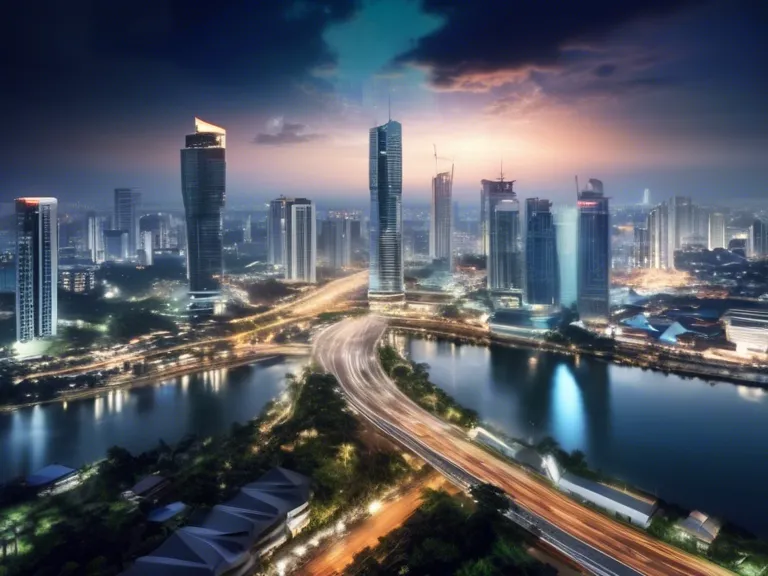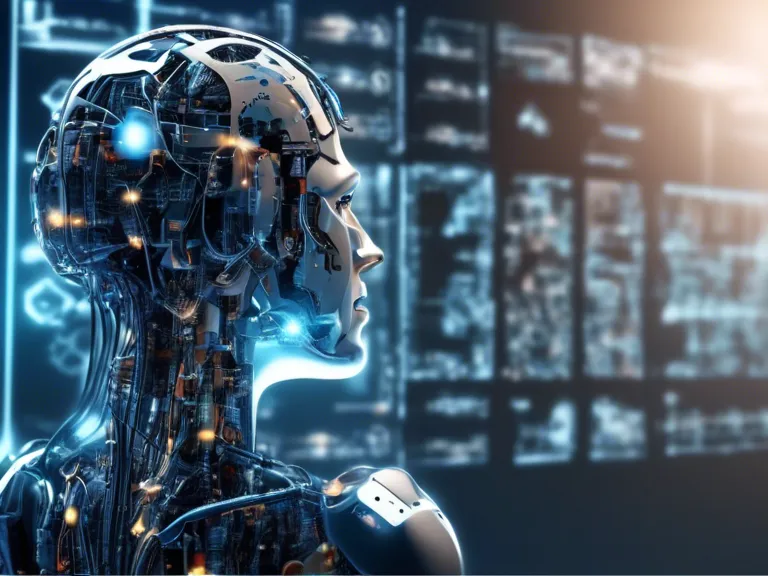
Introduction
Indonesia’s ambitious plan to create a new capital city has sparked interest and discussions around the incorporation of artificial intelligence (AI) in smart city development. As the country navigates this new landscape, the integration of AI technologies holds the potential to transform urban living, enhance efficiency, and improve the quality of life for its residents.
The Promise of Smart Cities
Smart cities leverage cutting-edge technologies like AI, Internet of Things (IoT), and data analytics to optimize various aspects of urban living. From transportation systems and energy management to waste disposal and public safety, smart cities aim to create more sustainable, efficient, and livable environments for their inhabitants.
AI in Smart City Development
Artificial intelligence plays a crucial role in the evolution of smart cities by enabling data-driven decision-making, predictive analytics, and automation of various processes. In the context of Indonesia’s new capital city, AI can help address key challenges such as traffic congestion, urban planning, and resource management.
Benefits of AI Integration
By harnessing AI capabilities, the new capital city can streamline traffic flow, reduce carbon emissions, and enhance public safety through advanced surveillance systems. AI-powered solutions can also optimize energy consumption, improve waste management practices, and facilitate better urban design and infrastructure development.
Challenges and Considerations
While the integration of AI in smart city development offers numerous benefits, it also raises important considerations around data privacy, cybersecurity, and ethical AI deployment. Ensuring transparency, accountability, and inclusivity in AI systems is essential to build trust among residents and stakeholders.
Collaborative Approach
To successfully navigate the smart city landscape with AI in Indonesia’s new capital, a collaborative approach involving government agencies, technology companies, academic institutions, and local communities is crucial. By fostering partnerships and sharing expertise, stakeholders can co-create innovative solutions that address the city’s unique challenges and opportunities.
Conclusion
As Indonesia embarks on the journey to build a new capital city, the integration of artificial intelligence in smart city development presents a transformative opportunity to create a sustainable, resilient, and intelligent urban environment. By leveraging AI technologies effectively and ethically, Indonesia can set a new standard for modern urban planning and design, shaping the future of cities in the digital age.



